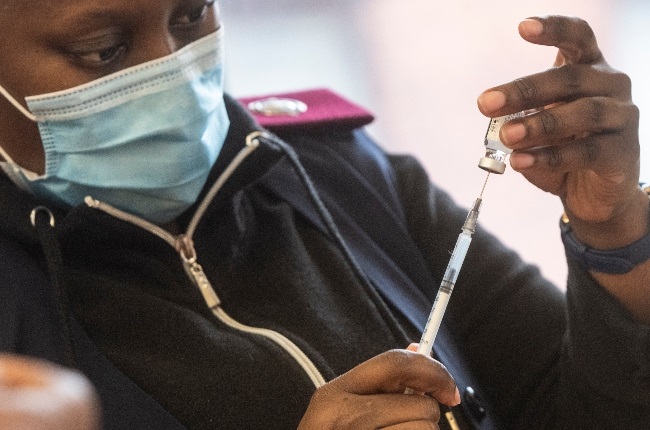
So, you just got your Covid-19 jab and are ready for the world to open up again. Congratulations!
Now, before you go mask free and see family and friends you haven’t been able to, there are a few things you need to know.
We’ve compiled some information on how to know if you’re fully vaccinated, the side effects of the vaccine and tips to relive any side effects.
How to know if you’re fully vaccinated?
All the Covid-19 vaccines are considered effective at protecting you from getting sick.
Research from the Centre For Disease Control and Prevention shows that people who are fully vaccinated, can do some things they had stopped doing because of the pandemic.
You are considered fully vaccinated if you meet these two requirements.
1.It has been two weeks after your second dose in a two-dose series.
2. It has been two weeks after your jab of a single-dose vaccine.
If you don’t meet these requirements, regardless of your age, you are not fully vaccinated.
Side- effects after vaccination:
Reported side effects to the COVID-19 vaccines have mostly been mild to moderate and do not last long.
These are considered normal signs that your body is building protection. However, they may affect your ability to do daily activities.
The chances of any of these side effects following vaccination differ according to the different types of COVID-19 vaccine.
More serious or long-lasting side effects to vaccines are possible but extremely rare.
These side effects include; fever, fatigue, headache, muscle pain, chills, diarrhoea, and pain at the injection site.
Severe reactions include a longer duration of the symptoms. They also include swollen glands or abscesses at the injection site that may result in hospitalisation, high and prolonged fever, or collapse.
Tips to relieve side effects:
Before taking any medication to relieve you from side effects, you need to speak to your doctor about taking over-the-counter medicine.
Depending on the severity of your symptoms, they might recommend medicine such as; aspirin, ibuprofen, acetaminophen, aspirin, or antihistamines, for any pain and discomfort.
If you have no other chronic illnesses, these medications may relieve post-vaccination side effects. It is, however, not recommended that these be taken before vaccination.
Side effects after your second jab may be more intense, but they are considered normal.
In the rare case that you might get an allergic reaction to the COVID-19 vaccine, you would need to seek immediate medical care.
Can you get COVID-19 after being vaccinated?
According to the National Institute for Communicable Disease, you may still be at risk of contracting Covid-19, however, the disease will likely be milder in comparison to those who are unvaccinated.
More evidence is still required to confirm whether Covid-19 vaccines protect against asymptomatic or mild disease. Presently it remains unclear whether vaccinated individuals can still spread the disease to others, therefore, caution is still required.



















